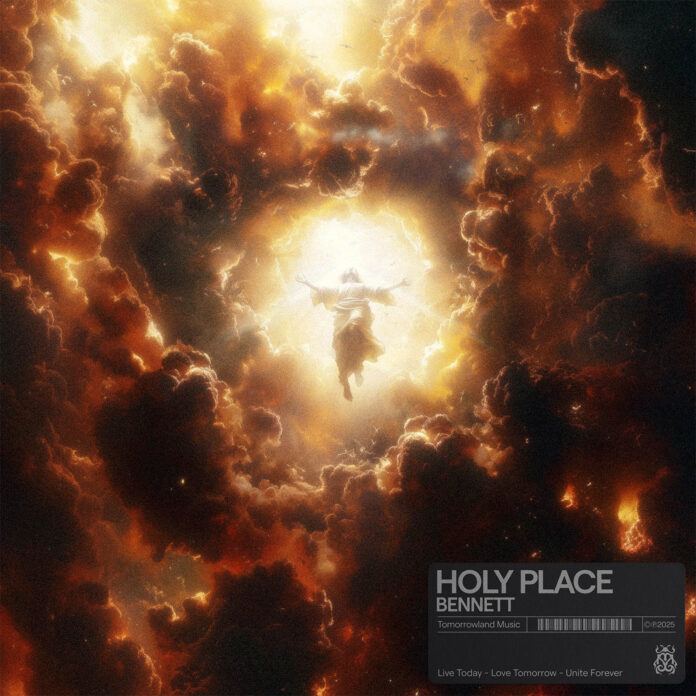Angel Cop, a six-episode OVA released between 1989 and 1994, is widely considered one of the worst anime of all time, but for very different reasons in English than in Japanese. The English dub reaches "so bad, its good" hilarity with forced profanity and bizarre one-liners like "If this is justice, then I'm a banana." The original Japanese version is bad for much less entertaining reasons: it promotes antisemitic conspiracy theories straight out of The Protocols of the Elders of Zion. Somehow, the same screenwriter went on to write Fullmetal Alchemist (2003), an anime far superior on both artistic and moral grounds.
The story of Angel Cop follows Angel and Raideen, two cops in the Special Security Force fighting a takeover of the Japanese government by the communist terrorist group Red May. It's eventually revealed that Red May was started by Jewish bankers as a means to turn Japan into a toxic waste dump. The final episode features a lengthy expository monologue that sounds like Mel Gibson on a bender, claiming that the Jewish people have taken over America and are responsible for all of its wars.
All of this blatant antisemitism was cut from Manga Entertainment's English dub, which changed the ultimate villains to simply Americans with no Jewish connection. Even the English subtitles on Manga Entertainment's release completely changed the dialogue during the antisemitic monologues. Discotek's 2018 rerelease included more faithfully translated subtitles as well as an essay explaining the history of antisemitism in Japan for context.
Sho Aikawa wrote the first three episodes of Angel Cop with Ichiro Itano, while Itano wrote the last three on his own. While this clears Aikawa from responsibility for the monologue in the final episode, the antisemitic elements show up as early as Episode 3 when Aikawa was still involved. In that light, it's all the more surprising that Aikawa would go on to be the head writer of the 2003 Fullmetal Alchemist anime, a series with a strongly anti-fascist message that directly parallels its villains to the Nazis and, in its 2005 finale movie The Conqueror of Shambala, features a positive portrayal of the half-Jewish filmmaker Fritz Lang and explicitly condemns the Nazis' persecution of Jewish and Romani people.
One could possibly assume the wildly different politics of the two anime could be the result of different source material, but Aikawa is known for radically changing his scripts from their source material. Taku Kitazaki's original Angel Cop manga isn't legally available in English, but by all reports is a different, more cyberpunk-type story than the anime. The second half of the 2003 Fullmetal Alchemist anime had a completely different storyline from the then-unfinished manga (later adapted more faithfully as Fullmetal Alchemist: Brotherhood), and the changes Aikawa made only made the manga's implicit Nazi parallels explicit via parallel universes.
It's not clear exactly how Sho Aikawa's views changed between 1989 and 2003, but anime fans everywhere should be happy they clearly did. While the 2003 Fullmetal Alchemist is sometimes the subject of controversy, usually in comparison to the manga or Brotherhood, its message against bigotry is unambiguously a massive improvement over the extreme antisemitism displayed in Angel Cop.
About The Author

